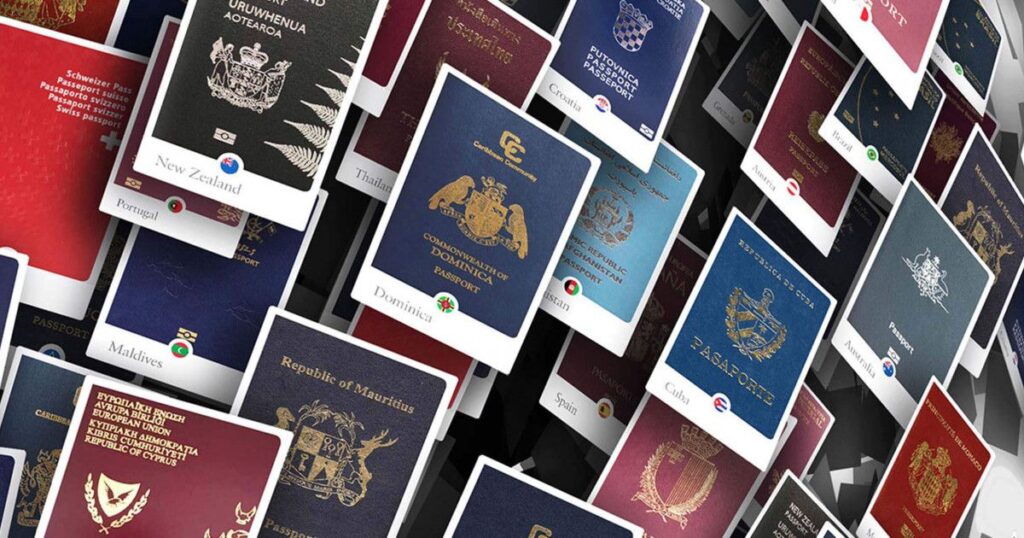
Can Indians Get Dual Citizenship?

Introduction
Dual citizenship is the status of an individual who holds two citizenships simultaneously. It can be advantageous for people who want to travel, work, live, or study in two different countries. However, not all countries allow their citizens to have dual citizenship. In this blog post, we will explore whether Indians can get dual citizenship.
The Current Status of Dual Citizenship in India
India does not allow dual citizenship. The Indian Citizenship Act of 1955 does not recognize dual citizenship, and Indian citizens who acquire citizenship of another country automatically lose their Indian citizenship. However, the Overseas Citizenship of India (OCI) scheme was introduced in 2005 to enable people of Indian origin to have a lifelong visa to visit India, but it does not provide dual citizenship.
Exceptions
There are some exceptions to the rule. People who have acquired citizenship of another country before 2004 are exempt from losing their Indian citizenship. Additionally, minors who hold foreign passports are allowed to hold Indian passports until they turn 18. After that, they have to surrender either their Indian or foreign passport.
Conclusion
In conclusion, Indians cannot get dual citizenship under the current laws of India. However, Indian citizens can still enjoy the benefits of the OCI scheme, which provides many of the benefits of dual citizenship, such as lifetime visa-free travel to India, parity with non-resident Indians in economic, financial, and educational fields, and the ability to purchase and own property in India. It is important to note that the rules and regulations regarding dual citizenship and OCI can change, so it is always advisable to consult with the relevant authorities before making any decisions.
Turkish Passport vs to Indian Passport
Pros
- Turkish passport allows visa-free access to more countries than the Indian passport.
- Turkish passport holders have the option to apply for an e-Visa for Turkey, making travel to the country more convenient.
- The Turkish passport has a higher ranking on the Henley Passport Index, providing better global mobility.
- Turkey is a member of the European Union Customs Union, which provides easier access to European markets for Turkish passport holders.
- Turkish passport holders have access to a wider range of citizenship by investment programs.
Cons
- Indian passport holders face more restrictions on visa-free travel and often require pre-approved visas for many countries.
- The Indian passport is ranked lower on the Henley Passport Index than the Turkish passport, providing less global mobility.
- India is not a member of the European Union Customs Union, which may limit business and travel opportunities for Indian passport holders.
- Indian passport holders may face longer processing times and more stringent requirements when applying for visas.
- Citizenship by investment programs available to Indian passport holders are limited.
